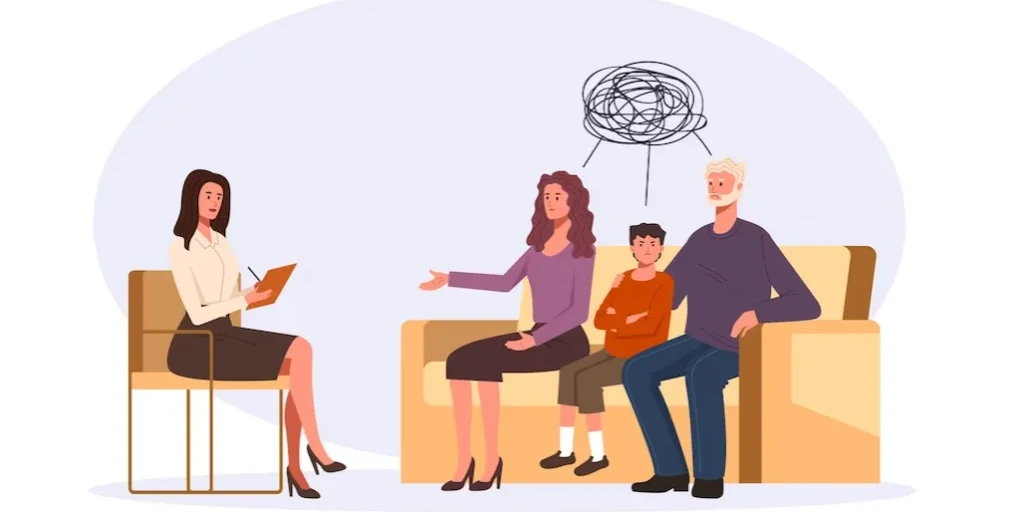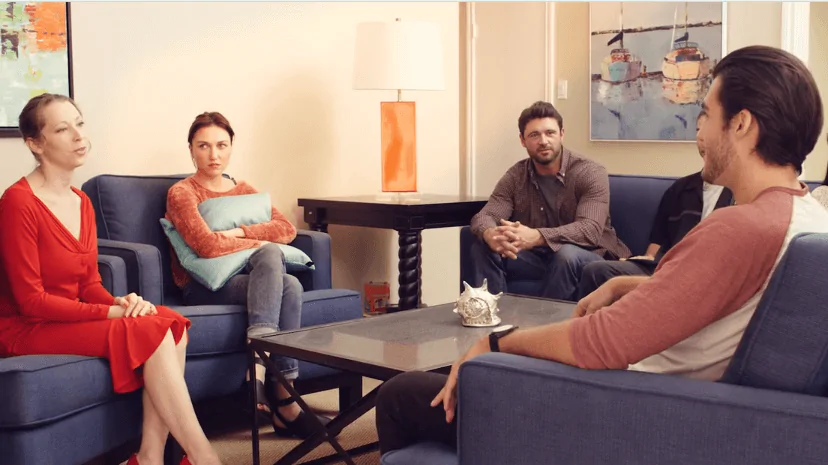24/7 Helpline:
(866) 899-111424/7 Helpline:
(866) 899-1114
Other Insurance Options

BHS | Behavioral Health Systems

United Health Care

Lucent

BlueShield

Cigna

Health Choice

EmblemHealth

Sliding scale payment assistance

UnitedHealth Group

Molina Healthcare

PHCS Network

Excellus

Magellan

Highmark

Providence

Anthem

ComPsych

Magellan Health

Private insurance

Meritain

Georgia HOPE
Georgia HOPE is a private rehab located in Dalton, Georgia. Georgia HOPE specializes in the treatmen...

Hamilton Medical Center – Westcott Behavioral Health
Hamilton Medical Center – Westcott Behavioral Health is a private rehab located in Dalton, Georgia. ...

Providence Recovery Place – Women’s Recovery
Providence Recovery Place–Women’s Recovery, in Dalton, Georgia, is a faith-based drug and alcohol re...

Highland Rivers Health – Whitfield Recovery and Wellness Center
Highland Rivers Health provides a variety of treatment programs and services to meet your individual...

Carter Hope
Carter Hope, in Dalton, Georgia, is a 12 step focused drug and alcohol rehab for adults. They offer ...












DUI and Drug Clinical Evaluation
DUI and Drug Clinical Evaluation is a private rehab located in Dalton, Georgia. DUI and Drug Clinica...

Christian Professional Counseling Online
Christian Professional Counseling Online is a private rehab located in Dalton, Georgia. Christian Pr...

